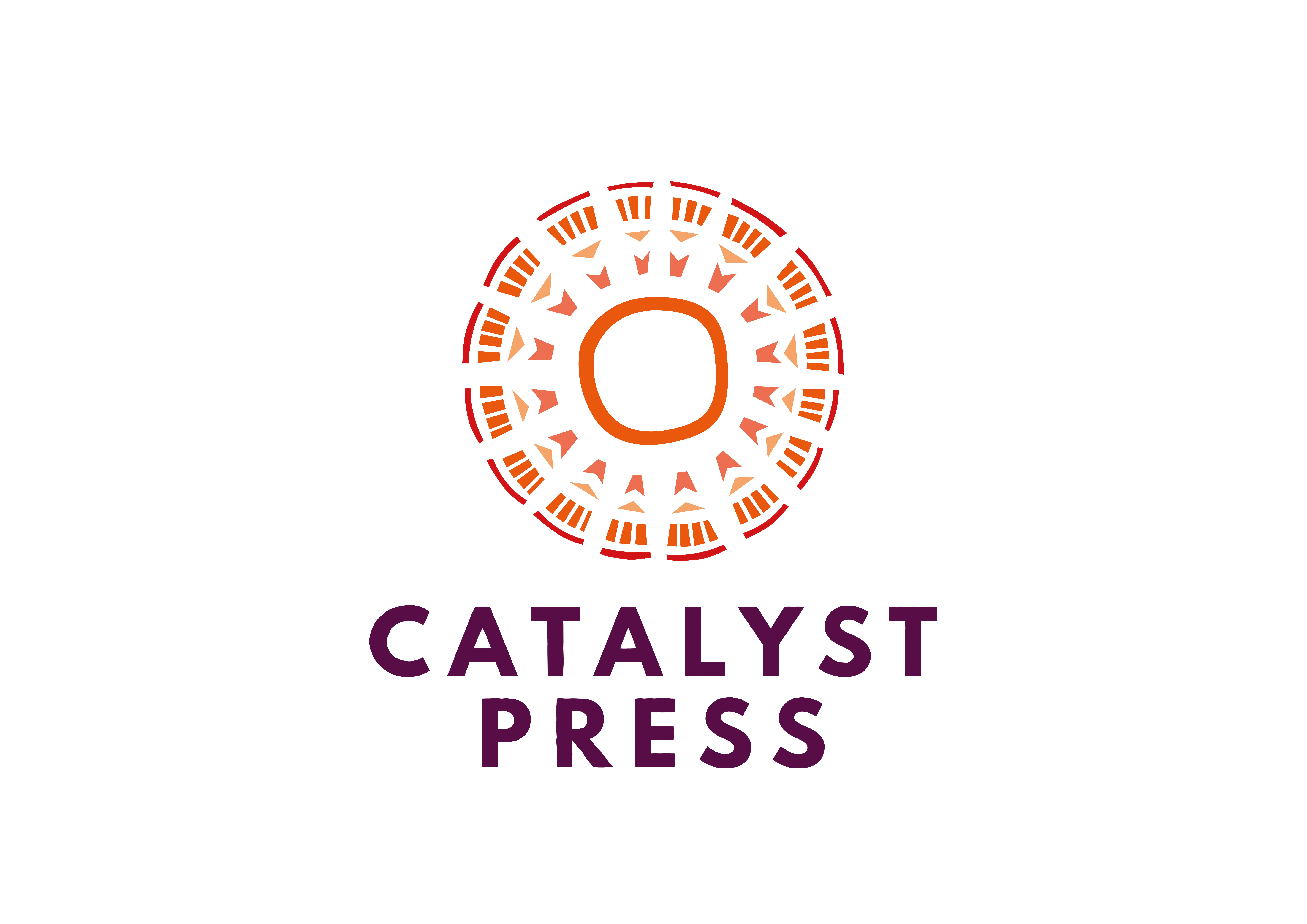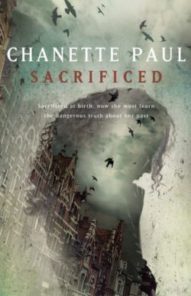In her post introducing this year’s Women in Translation Month, the event’s creator
It’s not just about this August, or next August, but about celebrating diverse literature every day. Expanding just one month’s reading list can open up a world of possibilities, of viewpoints, of ideas. It’s what we hope our books do for our readers, and, more to the point, what we hope reading does. We step outside of our lives every time we open a book, and whether that new experience brings us joy, or thrills, or sadness, or knowledge, we leave with more understanding. Now, more than ever, we need to look towards diverse voices and perspectives in art and listen to their stories.
As part of Women in Translation Month, we’d like to introduce you to some of our authors who are working in translation. First up, Chanette Paul:
Chanette is a South African author of more than 40 books in her native language Afrikaans.  On October 10, we are pleased to release her first English-language novel Sacrificed (translated by Elsa Silke), a translation of Offerlam. Sacrificed follows Caz Colijn from the Congo’s diamond mines to Belgium’s finest art galleries, and from Africa’s civil unrest to its deeply spiritual roots in her search for the truth about her trouble past.
On October 10, we are pleased to release her first English-language novel Sacrificed (translated by Elsa Silke), a translation of Offerlam. Sacrificed follows Caz Colijn from the Congo’s diamond mines to Belgium’s finest art galleries, and from Africa’s civil unrest to its deeply spiritual roots in her search for the truth about her trouble past.
From Chanette:
On the novel’s setting
An offer from a Belgian publisher pushed me towards a Belgian setting. However, I didn’t want my female lead to be Belgian. She had to be South African for me to be able to understand her and portray her effectively. This meant that I had to find a link between South Africa/Africa and Belgium/Europe. The perfect intersection/nodal point/point of juncture was the Belgian Congo. Once I found that, the story seemed to just unfold.
On Writing the personal
I write to entertain, not to educate. But writing from within one’s personal experience – mine is that of being a white, almost elderly woman in South Africa – I think I virtually by default wanted to convey what it is like to be a South African living in the post-apartheid era.
On life in South Africa
South Africa has never been an easy country to live in. It is becoming more
complex by the day. Africa has always been in turmoil and is becoming more so.
Colonialism has left deep, ugly scars all over the continent. Apartheid and its
consequences is just one of those many scars.
I wanted to convey all of that, but first and foremost I just wanted to tell an
entertaining story. The story of why in hell a white almost elderly woman still loves
this mixed up and contrary country and this incomprehensible, unfathomable continent.
Read an excerpt of Sacrificed here
Pre-order Sacrificed from your favorite independent bookstore or from Amazon




